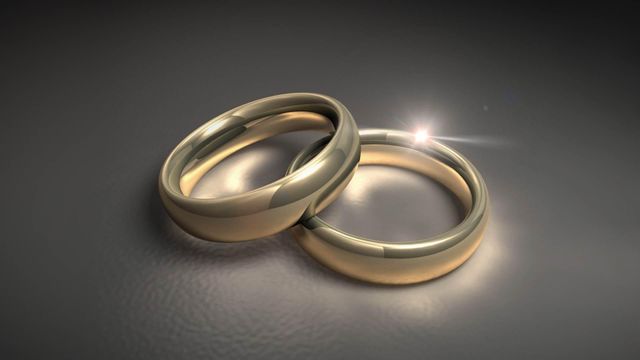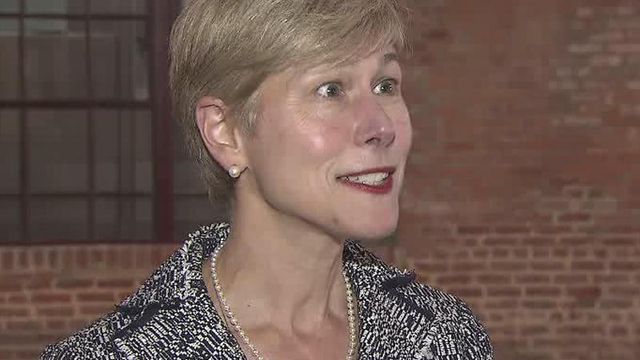Marriage amendment debate rages one week before vote
A week before North Carolina voters head to the polls on a controversial marriage amendment to the state constitution, a panel discussion in Durham Monday joined both sides of the aisle in a spirited debate about the issue.
Posted — UpdatedSupporters of Amendment One, which would amend the state constitution to make marriage between one man and one woman the only legal domestic union, say it protects families and preserves traditional Christian values.
Opponents, however, charge that the amendment is discriminatory and that its vague language could have far-reaching consequences beyond outlawing same-sex unions.
The panel discussion was sponsored by Leadership Triangle, a nonprofit group that aims to bolster leadership initiatives in the area.
Pastor Patrick Wooden, who has been an outspoken supporter of Amendment One, said he thought he and the three other panelists engaged in an honest discussion about an amendment he says would safeguard what the Bible teaches about marriage and family.
"No two men will equal a mom. No two women will ever equal a dad," he said.
Attorney Tony Biller agrees.
"The best way to raise a child – all other things being equal – is to have the father of the child and the mother of the child committed to each other," Biller said.
University of North Carolina law professor Maxine Eichner, however, said there's no data to back up such a claim.
"Same-sex couples do every bit as good a job (of raising children) as opposite-sex couples," she said.
Because the amendment would limit not only the definition of marriage, but also the definition of a legal domestic union, state Rep. Deborah Ross said it would deny rights to many people across the state, regardless of sexual orientation.
"The language is going to lead to a whole bunch of legal lawsuits. Not about gays' and lesbians' rights to marry, but (about) a whole bunch of benefits we have in the state," she said.
While opponents say it's a civil rights issue, Biller maintained that gay and lesbians choose to opt out of marriage.
"(If) a homosexual says, 'I do not want to marry someone of the opposite sex,' then they choose not to participate in the civil institution of marriage," he said.
The issue will be decided on the May 8 primary ballot.
• Credits
Copyright 2024 by Capitol Broadcasting Company. All rights reserved. This material may not be published, broadcast, rewritten or redistributed.






